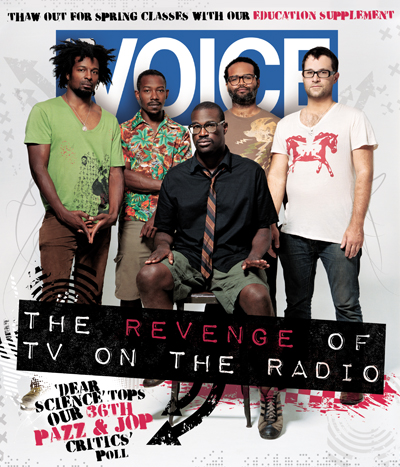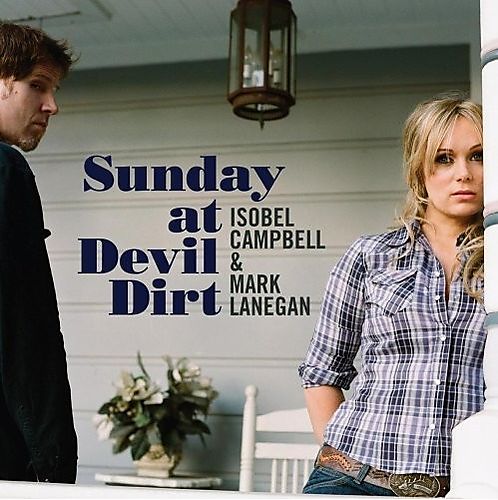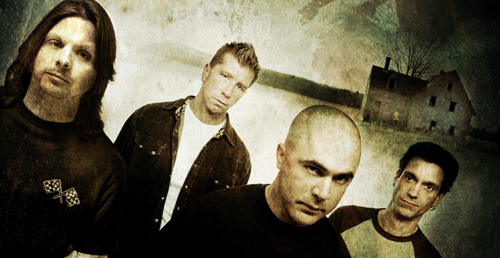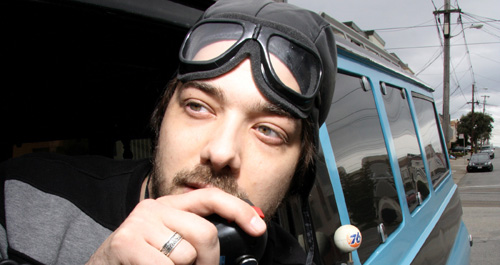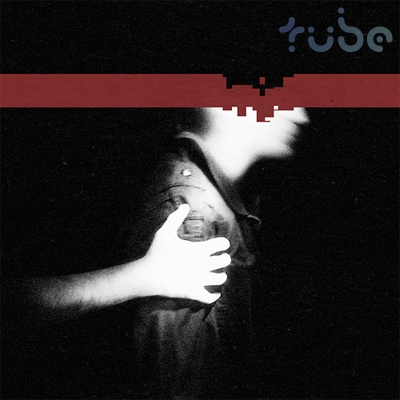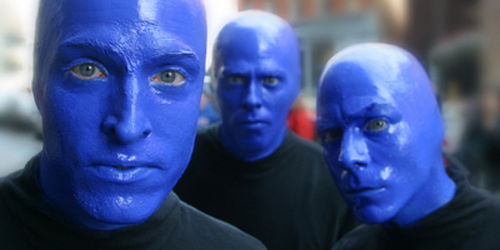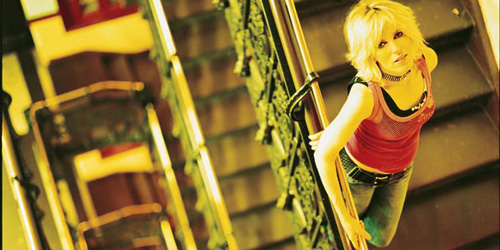At PopMatters, a review of Blipfest 2008, the largest chiptune show of the year.
I’ve fiddled with the programming enough to know that this stuff doesn’t come easily. There’s a certain sameness to a lot of it on the surface—all lo-fi electronic music in 4/4 with house-derived “drum” sequences which rely on filtered white noise—but after taking in a couple of sets, the differences between the artists become more readily apparent. Bucket-headed spaz-dancer Sulumi’s restless melodies were a fantastic highlight, skipping across the room like so many chips of shale across a Mario 2-2 swimming level, but geek-chic Asian chick Bubblyfish had the most depth, with an enthralling opener which expertly transitioned from jovial Katamari plinks to ominous Metroid gloom over the course of ten minutes.
More
In the Village Voice, Pazz and Jop 2008, the long-running annual music roundup in which I was invited to be a small blip myself.

